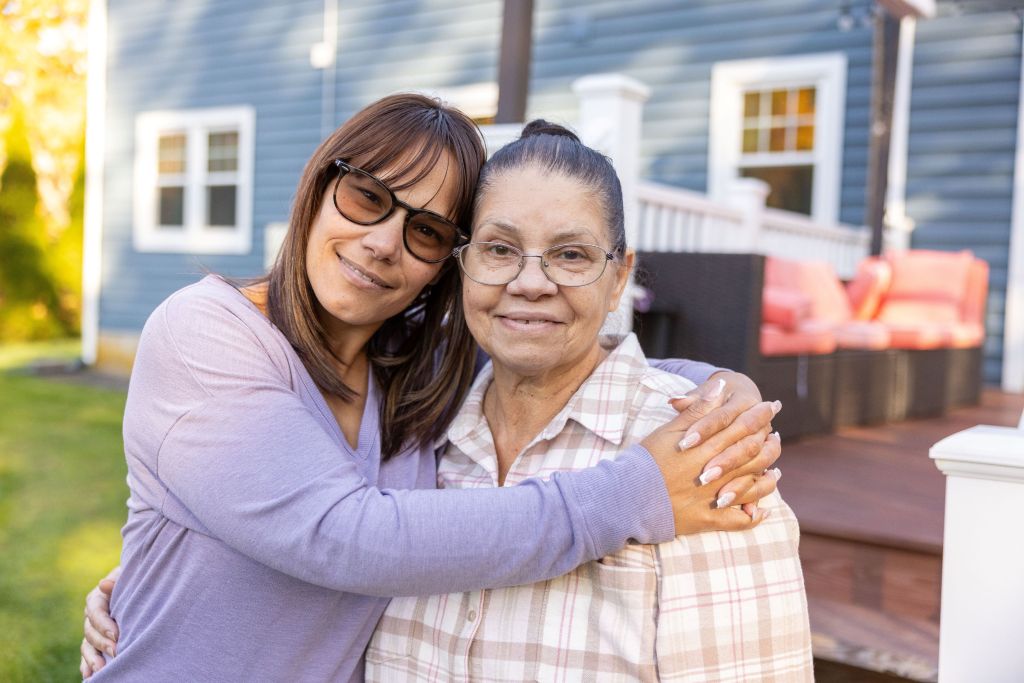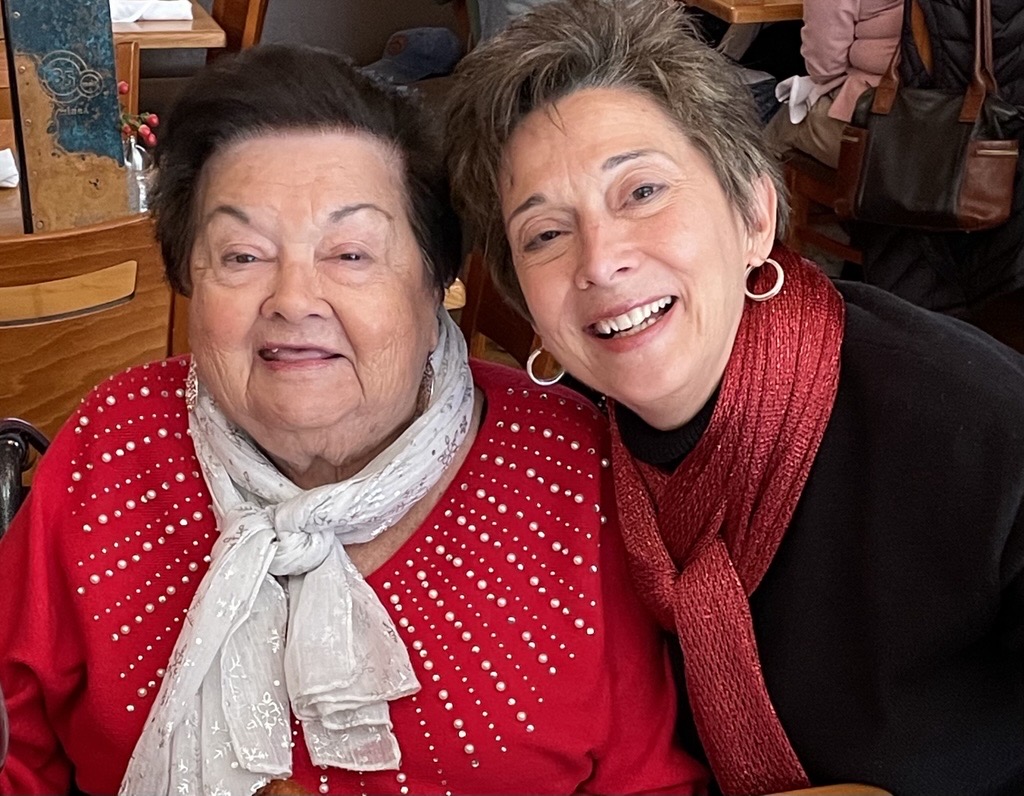
HEALTH BENEFITS OF BEING GRATEFUL
By Rene Snook, Clinical Director of Operations in Massachusetts.
Despite challenging and difficult situations surrounding caregivers and consumers participating in Structured Family Caregiving, some of them seem to always appear joyful. On the surface it would appear that they would not have many reasons for this joy. Individuals needing full time care such as those served in nursing facilities and Caregiver Homes have mental health, medical and/or developmental issues that require someone to provide care for them, in most cases around the clock.
As a Registered Nurse I have noticed myself thinking about those people who seem to be happy, such as caregivers who provide this care often at great sacrifice to themselves. During monthly home visits, one would expect to see resentfulness, anger or a victim mentality from consumers or caregivers. To my surprise, I have often seen joy and peacefulness and I found myself asking, “How does this happen?” It comes from an attitude of gratefulness.
Gratefulness is a positive psychology. Instead of focusing on illness and emotional problems, studies have shown that the act of being grateful has numerous health promoting benefits. Those who practice grateful thinking reap emotional, physical, and interpersonal benefits. Studies have shown that those who kept a Gratitude Journal had fewer illness symptoms, feel better about their lives as a whole, and are more optimistic about the future.
Specifically studies have shown the following health benefits:
- Less physical pain
- More time spent exercising
- More sleep Improved quality of sleep
- Decrease in depressive symptoms
- Decreased systolic blood pressure
- Increased vitality and energy
Starting a Gratitude Journal is simple. Set aside a small amount of time each day and in a notebook or journal simply write down three to five for which you are grateful each day. It may not be easy at first. You may find that you are only grateful that the day is over. But with practice the exercise will train your mind to focus on the positive aspects of the day. Studies have shown that daily writing is the most effective strategy that will lead to greater levels of gratefulness and overall sense of wellbeing.


